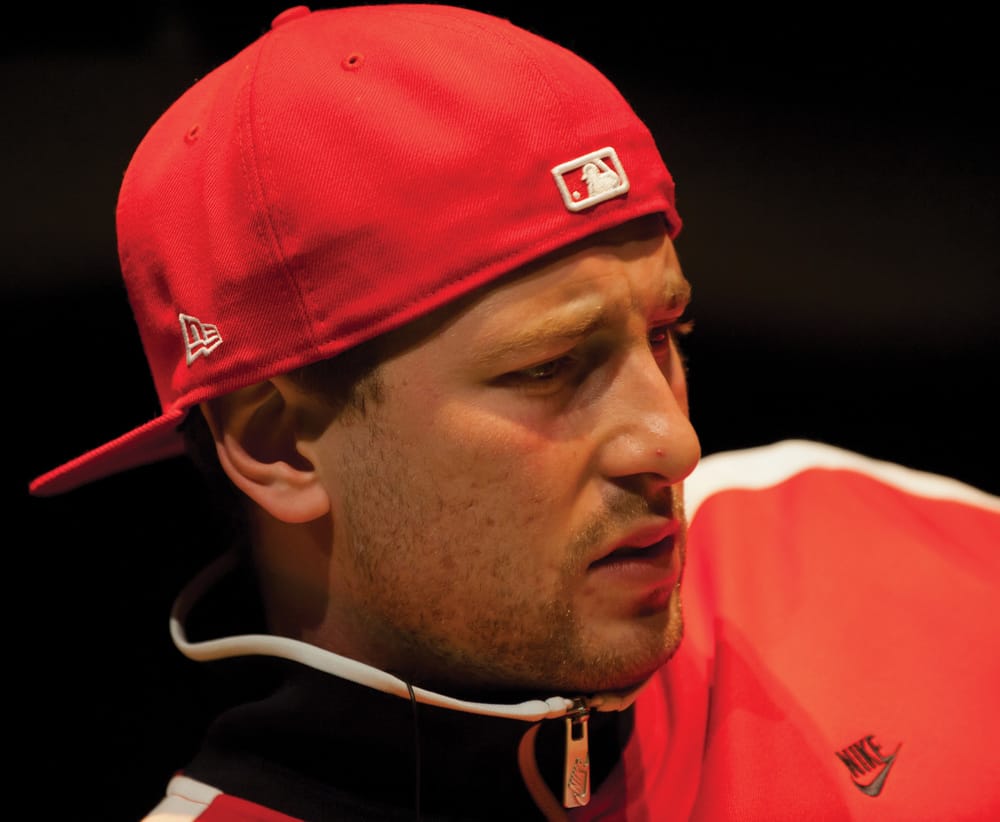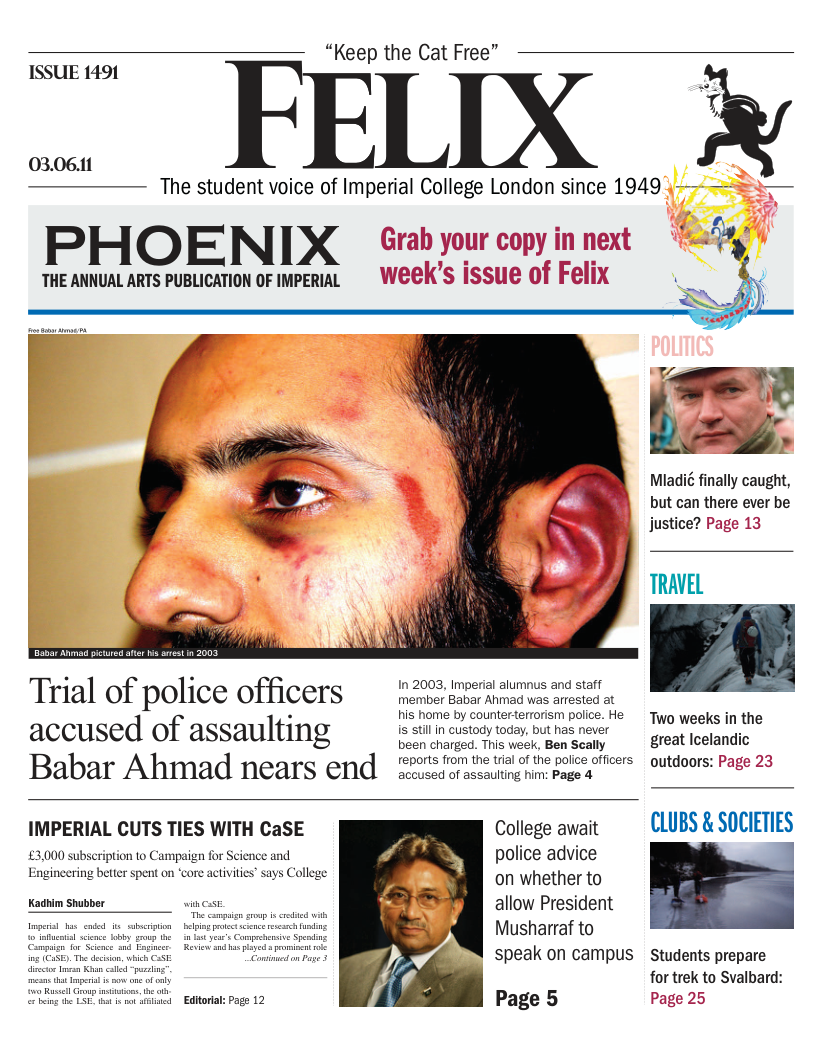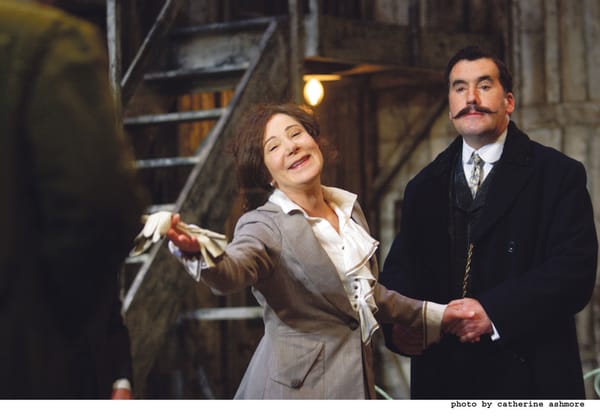Mad Blud does good
Exploring London knife crime on stage

So often in the media you hear directors and people of the arts talking of their desire to ‘transport’ the reader or viewer or listener, whatever it might be, away from their mundane reality. Whether the destination is Richmond, Rio or Ancient Rome, all too often you can find yourself back in that reality in a matter of seconds. As I walked out of Mad Blud, I could not say the same, but not entirely due to the play itself.
Mad Blud is an exploration of London knife crime, the brainchild of Philip Osment. The piece brings together interviews with victims, perpetrators and a wide range of those involved in between, all brought to life by actors through ‘verbatim theatre’ – they learn no script but rather hear the words recited through headphones. As the lights went down, my eyebrows were raised, but I was soon too involved to waste energy on looking skeptical.
The style brought with it a freshness and an air of credibility, although at times the cast seemed to lack the full emotion that their words appeared to cry out for. Nevertheless, the stories retain the mark of the real characters, as they are handled with a delicacy that delivers the message with a real punch (no pun intended). Mad Blud’s strength comes in it being so far from the portrayal of knife-crime that gets trolleyed out by the press. Without showering you in numbers, it educates through personal accounts. It gives humanity to the statistics, a feat that I cannot laud enough.
Through the reformed gang member, the grieving mother, the church community discussing the decay of society, the audience is given glimpses into several cases, each with their own colour and personality.
Mad Blud made for an informative and engaging production but it was the Q&A session at the end that really transformed the experience for me. As is always the case with these things, the ball is pretty slow to get rolling and only started with a few ostensibly seasoned theatre types pointing out a few technical points they enjoyed. I’ll confess, even I mentally ruminated on what I might say if picked on. What I hadn’t banked on was the person sitting behind me commenting that they particularly appreciated the portrayal of Jamal, who was stabbed in a playground in Walthamstow several years ago, as they went to school with him currently. My jaw dropped. Theatre can widen your empathy to knife-crime, but I’d never anticipated to be looking into the eyes of a girl visibly younger than myself who knew first-hand the subject of the play I’d just watched. She looked naïve and unworried and yet she was living with the grisly issue this entire project was attempting tackle. And she wasn’t alone, other friends, community support workers and prison officers came forward and shared their opinions, even adding real detail to the stories I’d just been told.
I realize this is likely to be unique to my experience, even if it wasn’t; I’ve lessened the surprise somewhat. But it was built on the revealing insight of Mad Blud and I cannot stress enough the degree to which I admire project such as this. Topics like knife-crime are impossible to pin down, which makes its accomplishments all more impressive. This theatre isn’t perfect, but its intentions are more than noble.









